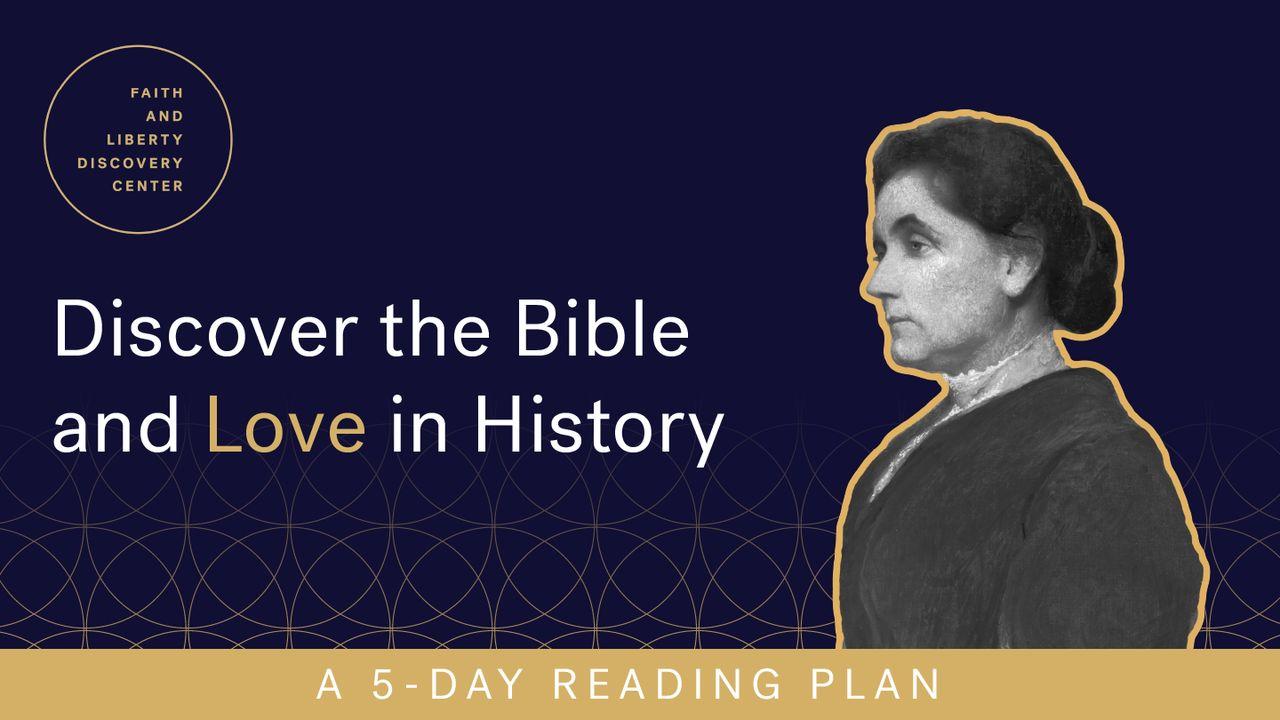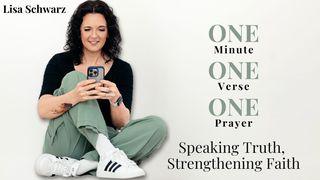Discover the Bible and Love in History Sample

From the Mouths of Babes
Ida B. Wells-Barnett (1862–1931) was an investigative journalist whose life and ideals were shaped by early encounters with literature, especially the novels of Charlotte Brontë, Charles Dickens, and Louisa May Alcott, along with Shakespeare. She first read through the Bible as a teenager and taught Sunday school all her adult life. After the 1909 lynchings in Cairo, Illinois, her husband asked her to travel from Chicago to gather evidence. In this account from her autobiography, she is referring to Psalm 8:2 (KJV).
“It was not very convenient for me to be leaving home at that time, and for once I was quite willing to let [others] attend to the job. Mr. Barnett replied that I knew it was important that somebody gather the evidence as well as he did, but if I was not willing to go, there was nothing more to be said. He picked up the evening paper and I picked up my baby and took her upstairs to bed. As usual I not only sang her to sleep but put myself to sleep lying there beside her.
“I was awakened by my oldest child, who said, ‘Mother, Pa says it is time to go.’ ‘Go where?’ I said. He said, ‘To take the train to Cairo.’ I said, ‘I told your father downstairs that I was not going. I don’t see why I should have to go and do the work that the others refuse.’ My boy was only ten years old. He and the other children had been present at the dinner table when their father told the story. He stood by the bedside a little while and then said, ‘Mother, if you don’t go nobody else will.’
“I looked at my child standing there by the bed reminding me of my duty, and I thought of that passage of Scripture which tells of the wisdom from the mouths of babes and sucklings. I thought if my child wanted me to go that I ought not to fall by the wayside [Matthew 13:4, 19], and I said, ‘Tell daddy it is too late to catch the train now, that I’ll go in the morning. It is better for me to arrive in Cairo after nightfall anyway.’
“Next morning all four of my children accompanied my husband and me to the station and saw me start on the journey. They were intensely interested and for the first time were willing to see me leave home.”
Reflection
Read Psalm 8. Why do you think the psalmist connects children with the defeat of God’s enemies in verse 2? How does this verse fit with the rest of the psalm? What does Wells-Barnett mean by “falling by the wayside”? How does love motivate her and her family?

Each of our readers has a unique story of how they interact with the Bible. We invite you to click on the link below, so we can learn more about you and readers like you. Your participation will help the American Bible Society continue to provide high-quality Bible resources for people everywhere and will inform the development of new Bible resources.
Scripture
About this Plan

Americans have always turned to the Bible for wisdom to live together. We argue over how to read and use it, but the Bible has helped shape our values and institutions. In this plan you will read the Bible as a freedom text alongside five voices from our past, focused on the value of Love. Discover fresh takes on the Bible, and inspiration for facing today’s challenges.
More
We would like to thank Faith and Liberty Discovery Center for providing this plan. For more information, please visit: http://faithandliberty.org
Related Plans

Beyond Desolation: What to Do When You Have Nothing Left

Nothing Withheld

The Chosen + BibleProject | Season 5 Reading Plan

When God Is Silent: Finding Faith in the Waiting

Forgive and Be Free

Living in the Tension: A Study on the "Now and Not Yet" Kingdom of God

Abide

Grieving Doesn't Mean You Have to Let Go

Reading With the People of God #14 Proverbs
